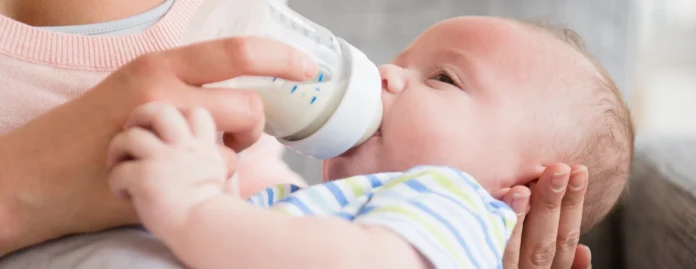Widespread concern is building over the growing sale of breast milk in the Kurdistan Region. Many health experts and Islamic scholars now demand a full breast milk sale ban to prevent harmful consequences.
Recently, reports went viral claiming several women are selling their breast milk in exchange for money. The news has triggered strong reactions from doctors, religious leaders, and officials at the Ministry of Health.
Pediatric specialist Dr. Koyan Zaher spoke clearly about the issue. “There’s no guarantee the milk is pure or mixed with harmful substances. This is illegal and should stop immediately,” he warned. Zaher also emphasized the risks this practice poses to society. “We live in an Islamic community. When breast milk is sold, no one knows who becomes milk-siblings. That opens the door to future problems,” he added.
Dr. Maaf Abdullah, Director-General at the Ministry of Health, also weighed in. He described the matter as a global dilemma. “Some countries allow it, while others prohibit it due to ethical and religious concerns. We haven’t officially seen this happen in the Kurdistan Region yet. Still, we need serious discussion based on science and law,” he said.
Health risks linked to breast milk sales include the spread of disease. If a mother has hepatitis, she could pass the virus through her milk. Additionally, poor storage conditions may cause the milk to spoil. Fraud is also a concern, as sellers might mix milk with water or formula. Not all breast milk suits every infant either, and mismatched milk can weaken a child’s immune system.
Religious scholars strongly support a breast milk sale ban. Ava Media consulted Islamic jurists who shared two key positions.
The first group, which includes most Islamic scholars, says selling breast milk may be acceptable if strict rules apply. The woman must know the buyer, the baby’s age, and confirm the child is over two years old. If not, the milk can affect the child’s development and establish maternal bonds with serious religious implications. Halal and haram boundaries must be respected, they said.
The second group, especially Hanafi scholars, completely opposes any sale of breast milk. They argue that women should never profit from it. However, donation is allowed—only if the donor knows the baby’s identity and age, preventing future ethical and legal confusion.
Currently, the High Fatwa Council of the Kurdistan Region is reviewing the issue. Officials aim to issue a decision soon, which may result in a regional law enforcing a breast milk sale ban.
This debate highlights growing concerns about children’s health and religious values. Leaders and lawmakers must act quickly to protect families across the Kurdistan Region.

